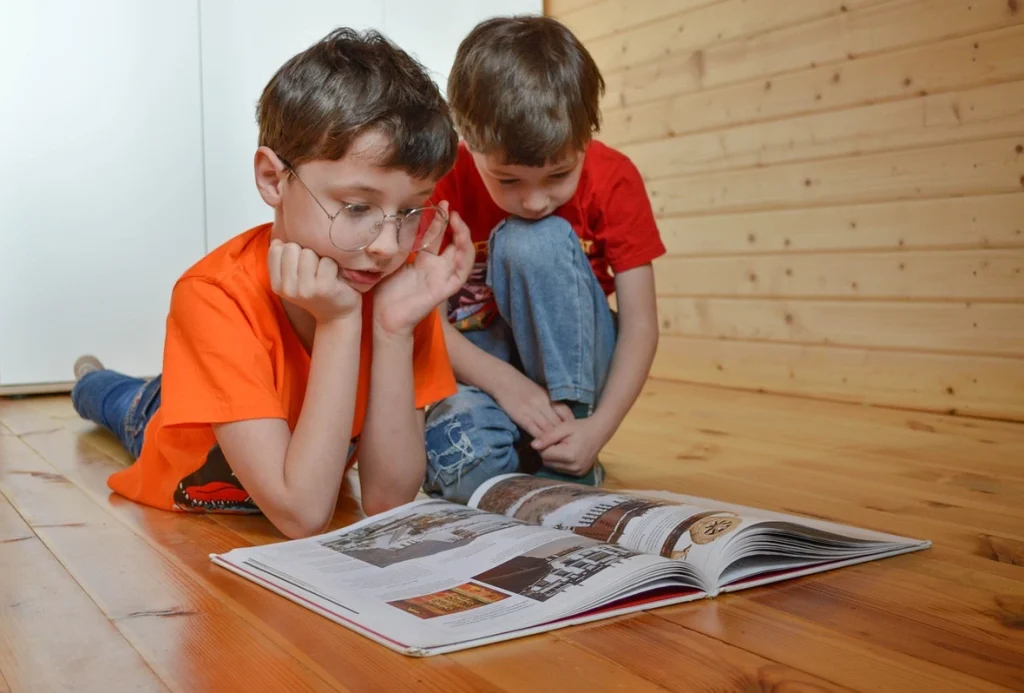43% of Preschoolers with Poor Vision – What’s the Significance?

In a world where screens dominate daily life, it’s no surprise that the effects of excessive screen time are making their presence felt, even among the youngest members of society. A recent eye-screening test conducted among preschoolers has uncovered alarming statistics, shedding light on the detrimental impact of screen time and limited exposure to sunlight on children’s eyesight.
Revealing Statistics: A Concerning Trend
The findings of the eye-screening test are cause for concern. Among the preschoolers aged between two-and-a-half and six years who participated in the test, a staggering 43% exhibited poor eyesight. Even more worrisome, nearly one-fifth of these children required immediate spectacles to address their visual impairments. These statistics paint a stark picture of the toll that excessive screen time and insufficient sunlight exposure can take on the eyes of young children.
The Culprits: Excessive Screen Time and Sunlight Deficiency
The study delved into the root causes behind the prevalent poor eyesight among these preschoolers. Three primary factors emerged as major contributors to the issue:
1. Inadequate outdoor play and sunlight exposure in the digital age impact eyesight development significantly.
2. Excessive screen time strains young eyes, causing blurred long-distance vision.
3. Shift to indoor activities and poor nutrition worsen eyesight problems in children.
Expert Insights: A Call for Action
Dr. Nuti Shah, a respected paediatric ophthalmologist, highlights that insufficient outdoor activities and excessive screen time contribute to blurred long-distance vision among preschoolers. He suggests mandatory eye check-ups at age three, annual follow-ups, and prioritizing two hours of outdoor time with sunlight exposure while limiting screen use.
The Role of Outdoor Time: A Vital Balancing Act
Bhavna Shah, principal of Satellite School For Children (SSFC), highlights the need to balance screen time with outdoor activities. The shift towards digital education has led to increased screen exposure, making it essential to prioritize outdoor time to counteract the potential negative effects on eyesight.
Empowering Parents and Fostering Awareness
Recognizing the urgency of the situation, SSFC and Bodakdev School For Children (BSFC) collaborated with specialist paediatric ophthalmologists to raise awareness and empower parents. The aim is to equip parents with knowledge and tools to make informed decisions regarding their children’s eye health. By sharing insights from the eye-screening study, these educational institutions hope to encourage proactive measures and preventive actions.
A Clearer Vision for the Future
As we navigate the digital age, it’s crucial to recognize the importance of outdoor activities and balanced screen time for young children. The results of the eye-screening test serve as a wake-up call, prompting us to prioritize the well-being of our children’s eyesight. By taking action today, we can ensure a clearer vision and a brighter future for the youngest members of our society.
